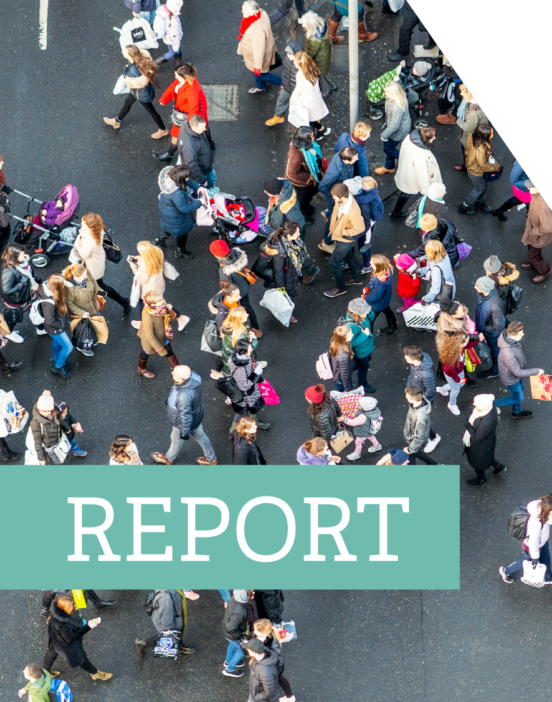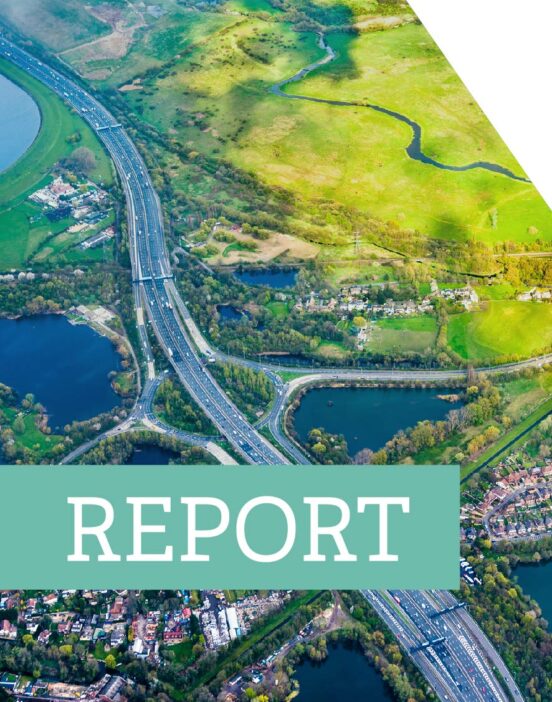
People
People and The Economy 2030 Inquiry
People are at the centre of economic change. They are often the primary drivers of change, and always the primary subjects of it. The big economic changes that Britain will undergo during the 2020s will profoundly affect all our lives, in terms of how, where and what we do in our jobs, and also how households as economic and social units can respond to and make the most of these changes.
An optimist’s view might be that the UK’s flexible labour market and record levels of employment pre-pandemic leave us well-prepared to navigate whatever changes comes our way. Such a view misunderstands the recent history of the UK labour market, and risks and opportunities lie ahead.
The UK labour market may be very flexible, but the workers in it are less mobile than before. The proportion of workers voluntarily moving between jobs has fallen by around 40 per cent since the turn of the century. While there may be positive reasons for individuals to stay in their jobs, overall low job mobility slows an individual’s’ pay and career progression, and – at a macro level – reduces productivity growth too.
The proportion of workers moving voluntarily between jobs has fallen by around 40 per cent since the start of the 20th century
More positively, the last decade was marked by record employment – a strength that can be built on during the 2020s. But this has coupled with rising atypical work – from zero-hours contracts to agency work and the growing gig economy. While some workers have enjoyed these new freedoms, for others this change has brought insecurity.
At a household income level, the challenge facing Britain is even greater. The high inequality that the 1980s bequeathed has never been unwound. And while the last decade started with concerns, led by the occupy movement, about the top 1 per cent pulling away from the rest, the decade ended with the poorest falling further behind everyone. The incomes of the poorest fifth of households have grown by just 3 per cent since 2005 – a record any modern economy should be ashamed of.
Successfully navigating the 2020s will need to involve building on the strengths of the UK labour market – such as swiftly returning to record employment – but also recognising the challenges of job quality and security. And, of course, families across Britain are long overdue a period of strong income growth, and that growth must be equally shared.


